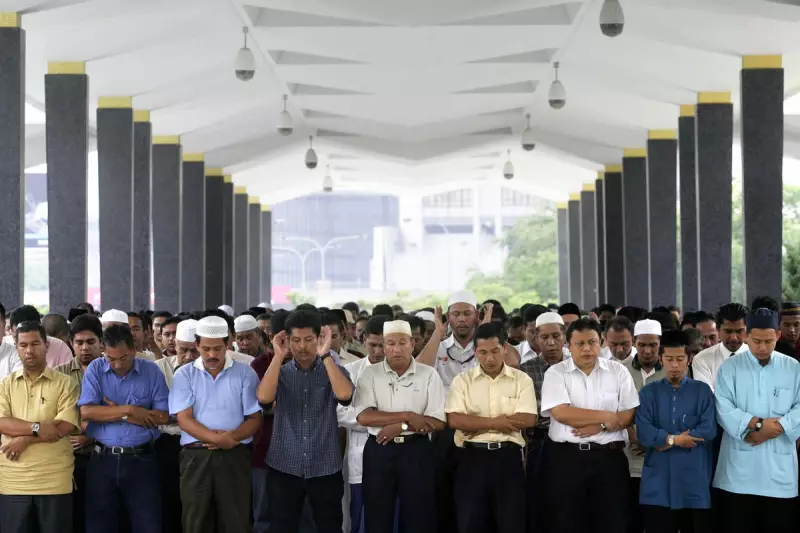
The Malaysian government has been forced into a swift and embarrassing retreat, abandoning a proposal that would have made it a criminal offence for Muslim men to skip mandatory Friday prayers.
The controversial plan, which emerged from the Shariah court in the federal territory of Kuala Lumpur, sparked immediate and fierce backlash across the nation. It proposed imposing a maximum penalty of one year in jail, a fine of up to RM3,000 (£500), or both, for those who missed the weekly congregational prayers without a valid reason.
Public and Legal Fury Forces a U-Turn
News of the proposal ignited a firestorm of criticism. Legal experts, human rights advocates, and ordinary citizens condemned the move as a severe overreach of religious authority and a dangerous step towards state-enforced piety. The public outcry was so potent that it prompted an urgent response from the highest levels of government.
Minister in the Prime Minister's Department for Religious Affairs, Mohd Na'im Mokhtar, was forced to issue a clarifying statement. He confirmed that the proposal had not received approval from the necessary federal authorities and that the government "has no intention of enacting such a law".
A Delicate Balance of Law and Faith
This incident highlights the complex and often contentious dual legal system operating in Malaysia. The country has a civil court system that handles most legal matters, running parallel to state-level Shariah courts that govern Muslims in personal and religious affairs.
The aborted proposal pushed the boundaries of that system, suggesting a punishment far exceeding the existing compound fines typically issued by religious authorities for such absenteeism. It raised fundamental questions about the limits of religious power and the right to personal choice in a multi-ethnic, multi-faith nation.
For now, the government's rapid climbdown has quelled the immediate controversy. However, the episode serves as a stark reminder of the ongoing tensions between conservative religious interpretations and modern civil liberties in Malaysia.





